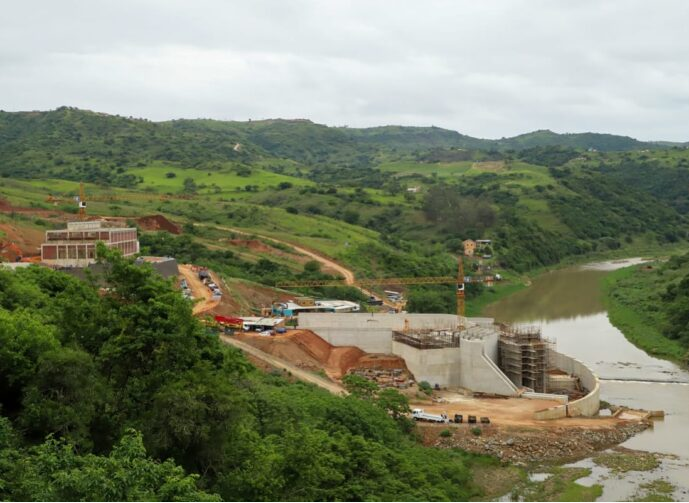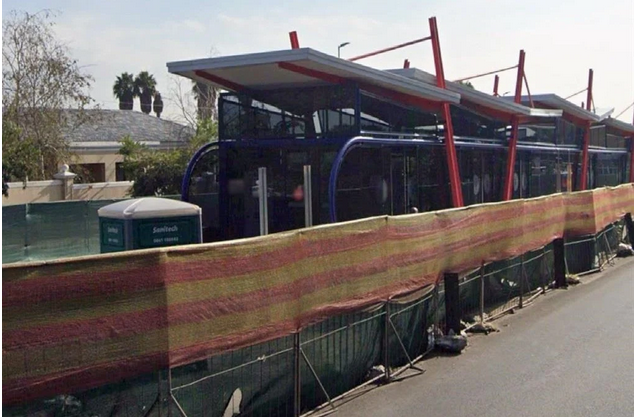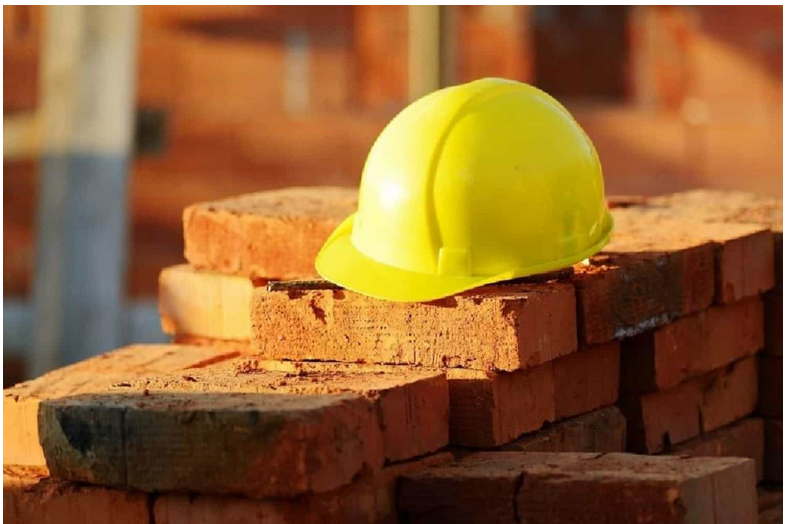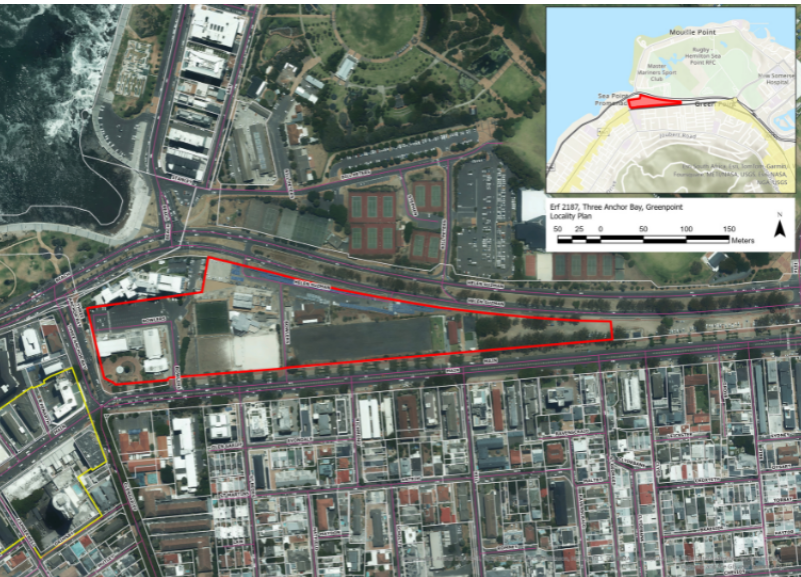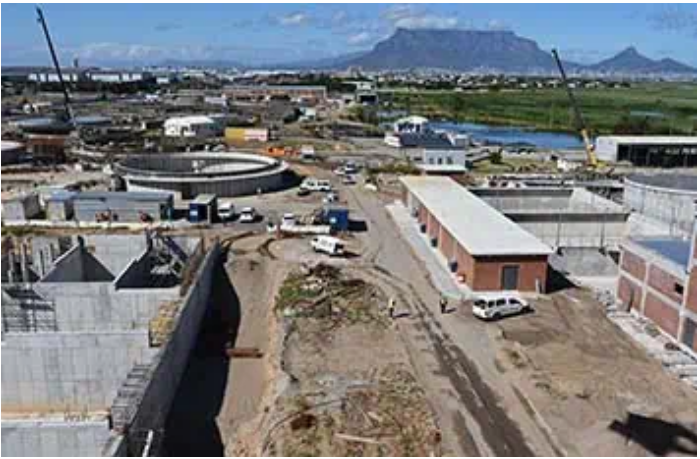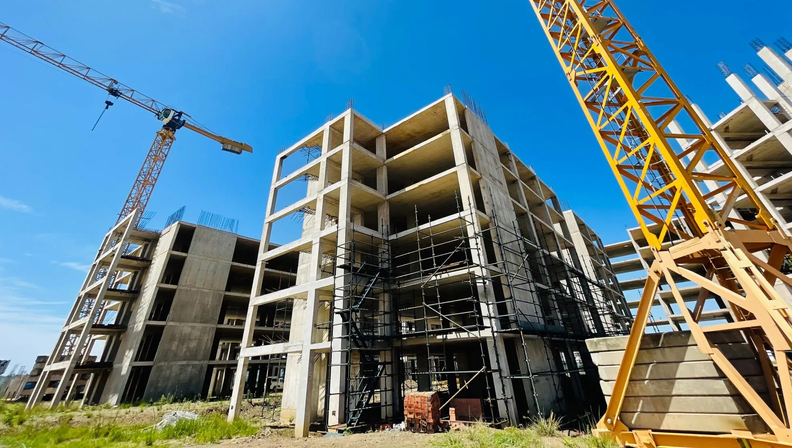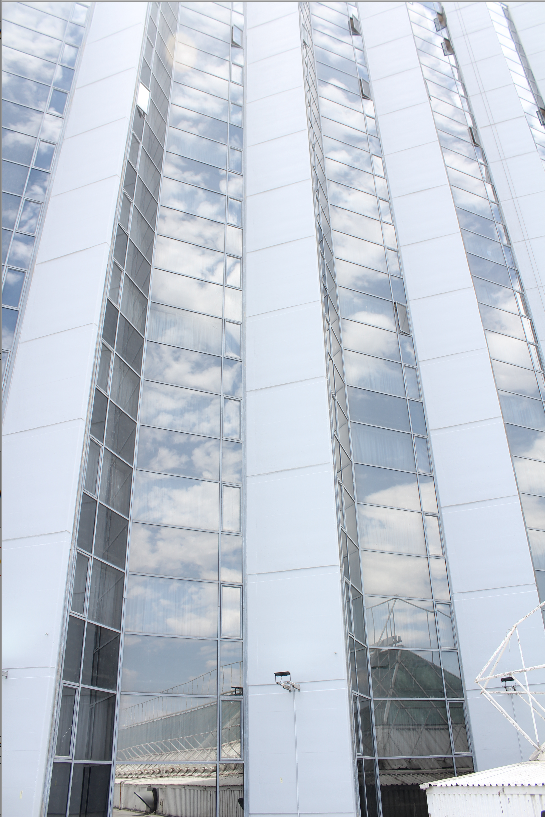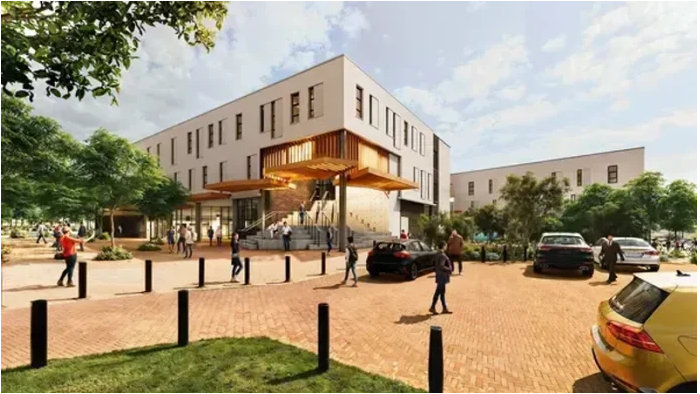Repairs to collapsed bridge near Amanzimtoti could take up to two months
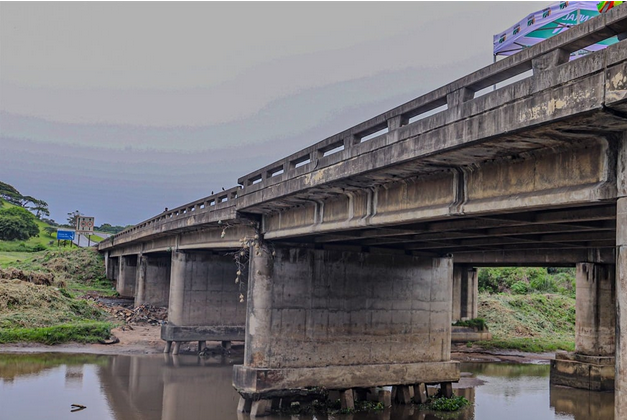
11-11-2024
Read : 78 times
News 24
Source
- The N2 highway near Durban is closed following a partial bridge collapse.
- Repairs are expected to be completed by 13 December.
- Temporary repairs will restore traffic by December, with full repairs starting in January next year.
Repairs to the 64-year-old Mbokodweni River bridge near Amanzimtoti in KwaZulu-Natal, which collapsed partially on Tuesday, could take up to two months.
The South African National Roads Agency SOC Limited (Sanral) said the repair would be split into two phases, including tendering, design work, part sourcing, which could extend the timeline.
Deputy Transport Minister Mkhuleko Hlengwa and Sanral officials, including the board chairperson Themba Mhambi, CEO Reginald Demana, chief construction operations and maintenance engineer, Dumisani Nkabinde, went to the scene of the collapsed bridge on Thursday.
Hlengwa appealed to the public to have patience.
"Sanral is doing preliminary work to assess the extent of the damage and a briefing will be given to the minister in due course," he said.
He added that two sets of intervention would be undertaken urgently to lift the bridge and pointed out that there was no structural damage to the bridge.
"These are 'wear and tear' elements which have broken down and will require replacement. Sanral's technical team is currently assessing how quickly this can be done," he added.
According to Sanral's preliminary findings, the damage to the bridge resulted from the failure of span four of the bridge, caused by the malfunctioning of its bearings, particularly the concrete rocker bearing on the east side, and the central bearings.
It said the bearings, which support the bridge deck, were susceptible to excessive vibrations, such as seismic or earthquake loads, which could induce cracking and splitting.Built more than 64 years ago in the early 1960s, the Mbokodweni bridge consists of six spans, with a total length of 137.16 metres.
It carries the N2 southbound carriageway over the Mbokodweni River from Durban to Port Shepstone.
Over its lifespan, the vibrations, along with potential age-related deterioration, likely caused spalling and cracking of the concrete, Sanral said.
It said the deterioration would have exacerbated the corrosion of the reinforcement within the bearings, weakening them and ultimately leading to their failure.
Sanral said:
A full inspection of the remaining bearings is being undertaken as all bearings on the bridge may need to be replaced due to their age and vulnerability. Challenges to the repair work include high water levels and the ongoing wet season, which will impact access to the site.
The agency said to manage this, it would do the work in two phases.Phase one will involve temporary support for span four, lifting the bridge deck, installing temporary supports with rubber padding, and lowering the new temporary deck to the required road level to allow it to reopen by 13 December 2024, before the holiday season.
Phase two is expected to begin in January next year and will entail the replacement of all bearings to prevent future failures and to ensure the continued functionality of the bridge.
"This phase will also address critical repairs, including the restrained cracking. Work will be planned to align with Sanral's long-term bridge upgrade plans and will be executed with temporary short-term traffic closures, either at night or on weekends," the agency said.
Hlengwa added that it was Sanral's intention to ensure that traffic flow could resume on the road within a period of three to four weeks, in time for December.
"In January, Sanral will undertake comprehensive repairs of the damage to the bridge. This carriageway is due for an upgrade by Sanral during which further improvements will be made on this road," said Hlengwa.
Sanral's acting regional manager for the eastern region, Dudley Mbambo, said the agency conducts regular inspections of all structures, including bridges, as part of its bridge management system.
"The most recent assessments were completed in February this year for the entire country," he said. He added that the Mbokodweni River bridge received 98% in its last assessment in February and that the bridge failure was due to wear and tear.
Mbambo explained that the technology for bridge construction has advanced since the 60s when concrete bearings with corroding steel bars were used, and that the steel bearings currently used do not corrode.
Recent News
Here are recent news articles from the Building and Construction Industry.
Have you signed up for your free copy yet?
